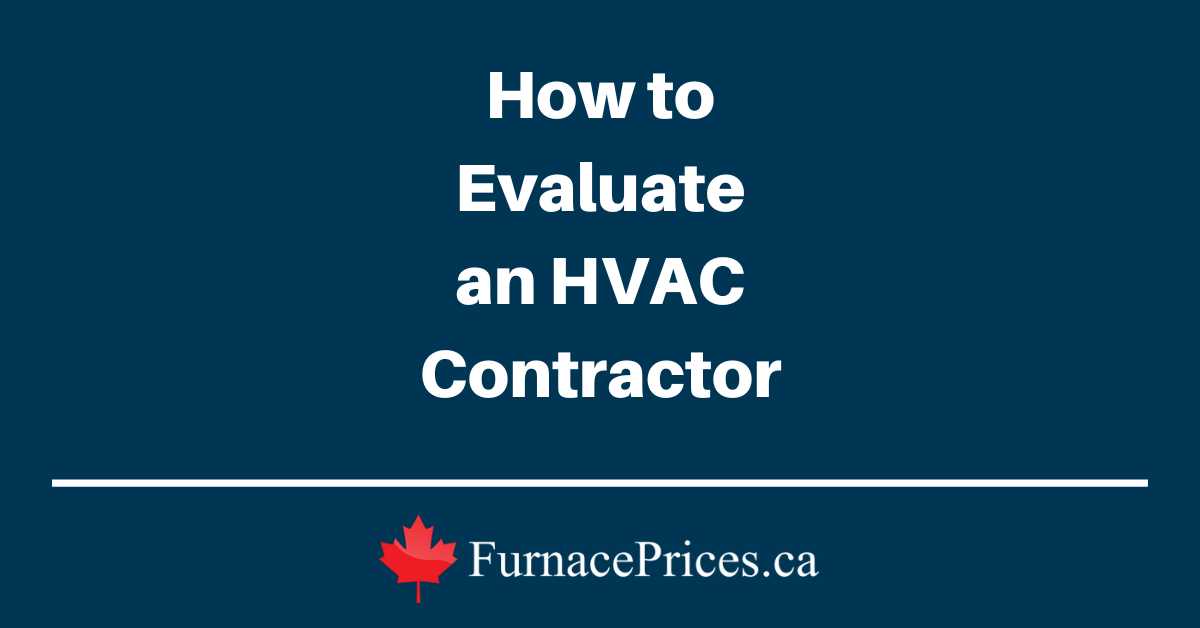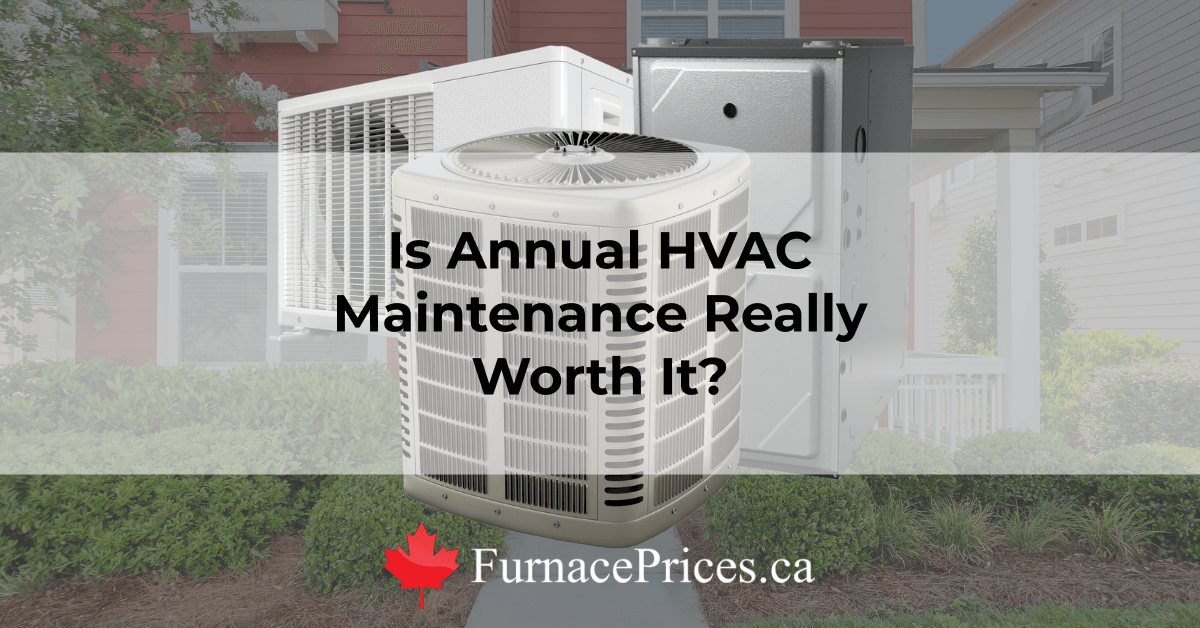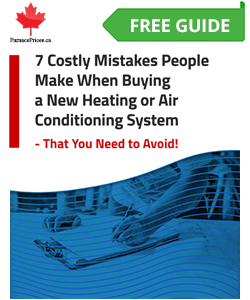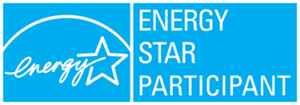In modern homes, Heating, Ventilation, and Air-Conditioning (HVAC) systems are becoming an increasingly popular way to improve and maintain good air quality and regulate indoor temperatures. Various companies, including Reliance and Enercare, provide protection plans for HVAC systems, ensuring that, whatever the time of year, your home is the ideal temperature for your needs and is fully insured.
What Is an HVAC Protection Plan?
Simply put, HVAC protection plans serve as insurance for your HVAC system, guaranteeing that your system receives the proper care to keep running efficiently. Most protection plans include some if not all of the following: seasonal inspections, tune-ups, and preventative care. These services can also make your HVAC system more energy efficient, saving you money on your utility bills.
The measures included in protection plans ensure that, whatever your temperature needs are, your HVAC system can run efficiently without experiencing any faults or breaking down. If, however, a problem does occur, having a plan in place grants you prepaid access to professionals who can resolve the issue.
Where Should You Get Your HVAC Protection Plan From?
Before committing to a particular protection plan, it is important that you explore all of your options and find a plan that best suits your needs. There are a variety of companies that offer HVAC protection plans, including but not limited to: Reliance, Enercare, Boonstra, and Aire Serv. Contractors will often offer their own protection plans if they are installing your HVAC system.
While the basic aspects of protection plans will be the same across providers, prices vary as do the benefits that each company offers. Conducting your own research is the best way to guarantee that you get a protection plan that works for you.
Who Should Consider Getting an HVAC Protection Plan?
The HVAC system is one of the most important elements of a modern home, alongside your electric and water supply. Therefore, a protection plan is an essential purchase for any homeowner. It ensures that, whether you discover a small fault or your whole system unexpectedly fails, you have prepaid access to professionals who can quickly resolve the issue.
If you do not have an HVAC protection plan you are unlikely to detect signs of wear and, therefore, lack the chance to provide preventative care before the whole system fails. Furthermore, you will have to pay for repairs out of pocket. The short-term savings of postponing the purchase of a protection plan can lead to huge expenses in the future. Before dismissing protection plans, explore your options and find a plan that suits your financial needs.
What are the Pros and Cons of HVAC Protection Plans?
The Pros
It is important to remember that the specifics of the protection plans offered by each company vary, but these are the most common benefits you can expect to receive if you purchase a protection plan. Most importantly, knowing that your HVAC system is insured affords you peace of mind.
- Seasonal inspections
- Regular tune-ups
- Preventative maintenance
- Free repairs for faults that are included in the warranty
- Discounted prices on repairs that are not covered by the warranty
- Reduced energy bills
- The yearly maintenance check-ups included in most protection packages ensure that your HVAC system’s warranty remains valid
The Cons
Modern living comes with various financial burdens. Most aspects of life, from maintaining a car to owning a pet come with a form of insurance. As such, it can feel like you are constantly paying out money to companies while only occasionally requiring their services. If you have a new HVAC system and everything is functioning as it should, the benefits of purchasing insurance can seem to diminish.
- Loss of savings if nothing breaks
- Some protection plans only cover certain parts of the system
- Must provide written notice to cancel
Reliance or Enercare?
The two major providers of HVAC protection plans in Canada are Reliance and Enercare, with both companies offering a range of services and benefits for a monthly fee.
However, it is important to remember that an external option is available beyond subscribing to the service of any company. Instead of joining an HVAC protection provider, you can deposit money into a savings account each month. This option provides additional flexibility while lacking some of the security provided by Reliance and Enercare.
Reliance
Reliance offers several different HVAC programs with varying costs and benefits attached to each. The core of each protection plan includes
- Unlimited callouts
- No hidden additional costs
- No requirement for a pre-inspection
Reliance offers a range of different plans, including:
Separate Maintenance and Protection Plans:
For insurance that covers heating and cooling separately, Reliance offers a maintenance package that comes with a twelve-month fixed term and a monthly protection package, as well as a monthly package that combines the two. Each package includes the core benefits listed above.
The maintenance package costs $9.99 a month and provides:
- Annual maintenance service
The protection package costs $14.99 a month and provides:
- Cover for most parts and labor
- Non-deductible
The maintenance and protection package costs $21.99 a month and provides:
- Cover for most parts and labor
- Non-deductible
- Annual maintenance service
All Season Comfort Plans:
These plans cover both your heating and cooling systems. They include the core benefits and come in the same three packages: a fixed twelve-month maintenance package, a monthly protection package, and a monthly combined maintenance and protection package.
The maintenance package costs $16.49 a month and provides:
- Annual maintenance service on your furnace and AC
The protection package costs $19.99 a month and provides:
- Cover for most parts and labor
- Non-deductible
The combined package costs $29.99 a month and provides:
- Cover for most parts and labor
- Non-deductible
- Annual maintenance service
Whole Home Plan:
This plan covers your electrical and plumbing systems as well as your HVAC system and has no fixed term. It includes:
- Heating Protection & Maintenance Plan
- Cooling Protection & Maintenance Plan
- Electrical Protection & Inspection Plan
- Plumbing Protection Plan
- Cover for most parts and labor
- No pre-inspection required
- Unlimited callouts
- $5 off the Electrical Protection & Inspection Plan by enrolling in the Whole Home Plan
Cancelation Policy: If you wish to cancel any of the protection plans detailed above, you must give Reliance 30 days written notice. Without giving prior notice, you will have to continue to pay the monthly fee.
Enercare
Several different protection plans are offered by Enercare, with some plans including sign-up offers for new customers.
Separate Maintenance and Protection Plans:
To ensure either your heating or cooling systems, Enercare offers a protection plan, as well as a combined package that includes protection and maintenance, both of which function on a monthly contract.
The protection package costs $17.99 per month and provides:
- Access to a licensed technician
- Unlimited service calls
- Parts and labor coverage
- An HVAC assessment
The combined package costs $24.99 (Furnace or AC) or $28.99 (Boiler) per month and provides:
- All of the above
- Annual service by a licensed technician
Total Home Protection Plan:
Enercare offers a protection plan that covers your HVAC system as well as your plumbing, all for the same monthly fee. This package costs $39.99 a month and provides:
- All of the services included in the heating and cooling protection plans
- Access to a licensed plumber
- A 15% discount on fixture upgrades
- Coverage of parts and labor for plumbing repairs
Cancellation Policy: All Enercare’s contracts come with a one-year commitment, regardless of the payment method you choose. This contract will be automatically renewed at the end of the term. If you decide you no longer want the protection plan, you will need to provide 30 days written notice before the renewal of your plan.
Conclusion
Both Reliance and Enercare offer comprehensive protection plans that will maintain your systems and provide you with peace of mind. Reliance offers more basic plans at a reduced rate, which may be more affordable, especially if you are a new homeowner. The fixed term attached to some contracts may not be desirable for everyone.
By contrast, Enercare’s rates are higher but they do offer sign-up bonuses on both of their plans. Either way, investing in a protection plan could save you hundreds if not thousands of dollars if your system were to fail. The best course of action is to conduct research by comparing companies and finding the best fit for your current needs.
Get Quotes
How soon are you looking to buy?*






